Working With Pros
Remodeling Guides
10 Contractor Scam Warning Signs
Protect yourself, your home and your finances after a natural disaster by following these tips for sniffing out storm chasers
From the Houzz archives
Natural disasters bring out the best and the worst in people. Unfortunately, the chaotic environment they create is a prime setting for illegitimate contractors, sometimes called “storm chasers” or “fly by night” contractors. “This is a vulnerable time for homeowners,” says Rick Lopes, chief of public affairs at the California Contractors State License Board. “Be very careful about giving someone too much power.”
After something so traumatic, it makes sense that a homeowner would want things to return to normal as quickly as possible. But it’s important to take the time to find the right person to do the job properly. Do extra research if something doesn’t feel right. Be aware, and you’ll avoid scams and the contractors who get jobs only when people are desperate.
Here are some key warning signs to look for.
Natural disasters bring out the best and the worst in people. Unfortunately, the chaotic environment they create is a prime setting for illegitimate contractors, sometimes called “storm chasers” or “fly by night” contractors. “This is a vulnerable time for homeowners,” says Rick Lopes, chief of public affairs at the California Contractors State License Board. “Be very careful about giving someone too much power.”
After something so traumatic, it makes sense that a homeowner would want things to return to normal as quickly as possible. But it’s important to take the time to find the right person to do the job properly. Do extra research if something doesn’t feel right. Be aware, and you’ll avoid scams and the contractors who get jobs only when people are desperate.
Here are some key warning signs to look for.
5. No contract. The ruling is unanimous — avoid anyone who says a contract isn't necessary, especially after a natural disaster. Make sure your contract outlines specific work done, materials used, a price breakdown and a payment schedule. While some smaller subcontractors may not work with contracts on a regular basis, the likelihood of someone getting taken advantage of in a disaster situation is high, so don't take the risk. There are a lot of general contractors that specialize in smaller jobs, too.
6. No insurance. Every general contractor you work with should have two types of insurance. General liability insurance ensures that your property will be protected in case any damage happens during the project. Worker's compensation insurance protects a general contractor's workers in case they're injured on your property. Lopes advises asking for a potential contractor's insurance policy number, then calling the insurance company to make sure the contractor has every single employee covered.
7. Inadequate references. Get at least three references for each potential contractor and actually check them. Ask about the quality of the work, how the work has stood up over time and what it was like to work with the individual. "The second you spot an inconsistency, you know [they're] a flake," says contractor Bill Reid of RemodelWest. Your insurance company can provide recommendations, but don't trust someone who shows up on your door saying they were sent by your insurance until you get confirmation from your claims adjuster. Do your research through outside sources as well — local professional associations and the BBB can offer great insight.
6. No insurance. Every general contractor you work with should have two types of insurance. General liability insurance ensures that your property will be protected in case any damage happens during the project. Worker's compensation insurance protects a general contractor's workers in case they're injured on your property. Lopes advises asking for a potential contractor's insurance policy number, then calling the insurance company to make sure the contractor has every single employee covered.
7. Inadequate references. Get at least three references for each potential contractor and actually check them. Ask about the quality of the work, how the work has stood up over time and what it was like to work with the individual. "The second you spot an inconsistency, you know [they're] a flake," says contractor Bill Reid of RemodelWest. Your insurance company can provide recommendations, but don't trust someone who shows up on your door saying they were sent by your insurance until you get confirmation from your claims adjuster. Do your research through outside sources as well — local professional associations and the BBB can offer great insight.
8. Special deals. Avoid anyone who offers you “special” pricing, particularly if you sign on the dotted line right then and there. You don’t want to rush into an agreement until you know exactly what you’re getting yourself into.
9. Cash payments required in advance. “Your money is your best leverage,” says Lopes. Protect yourself and limit the amount of money that goes into a project prior to completion. The BBB suggests never paying in cash — especially in advance. Moore suggests that you carefully document how you hand out your money and get a receipt for every payment.
10. Mechanic’s liens. Legally, an unpaid contractor, subcontractor or supplier can file a mechanic’s lien against your property, which can eventually force the sale of the property in lieu of compensation. “It’s a way for professionals to guarantee they get paid,” says Reid. Make sure you have a list of all the subcontractors, laborers and materials suppliers that your primary contractor will be using, and ask for proof that everyone has been paid before releasing your final payment — otherwise you could be held liable. Homeowners can end up paying for supplies twice otherwise — both to a subcontractor and to a supplier who ended up not being paid by said subcontractor. “You can also write a two-party check,” says Reid. “It’s a bit of a pain, but your contractor will have to go to the supplier in order to cash it.”
More: Read more disaster recovery stories
9. Cash payments required in advance. “Your money is your best leverage,” says Lopes. Protect yourself and limit the amount of money that goes into a project prior to completion. The BBB suggests never paying in cash — especially in advance. Moore suggests that you carefully document how you hand out your money and get a receipt for every payment.
10. Mechanic’s liens. Legally, an unpaid contractor, subcontractor or supplier can file a mechanic’s lien against your property, which can eventually force the sale of the property in lieu of compensation. “It’s a way for professionals to guarantee they get paid,” says Reid. Make sure you have a list of all the subcontractors, laborers and materials suppliers that your primary contractor will be using, and ask for proof that everyone has been paid before releasing your final payment — otherwise you could be held liable. Homeowners can end up paying for supplies twice otherwise — both to a subcontractor and to a supplier who ended up not being paid by said subcontractor. “You can also write a two-party check,” says Reid. “It’s a bit of a pain, but your contractor will have to go to the supplier in order to cash it.”
More: Read more disaster recovery stories












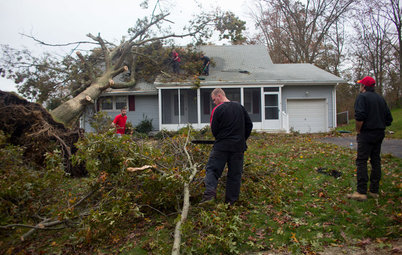
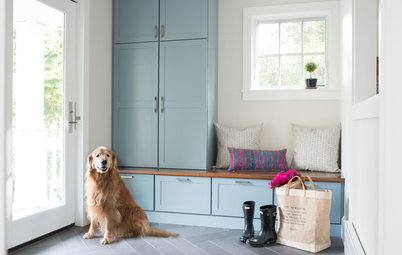
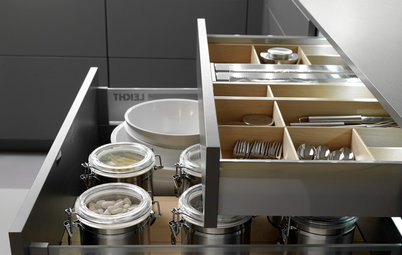
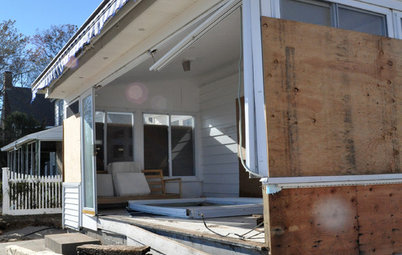

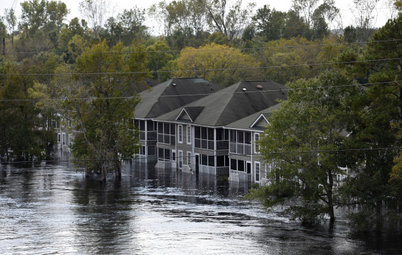
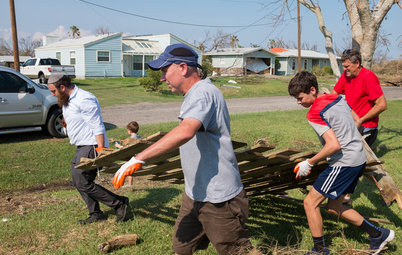

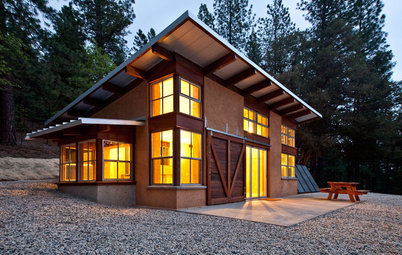
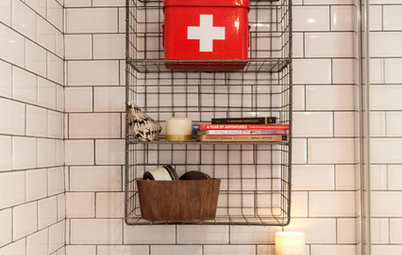
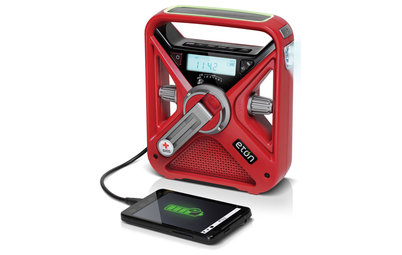
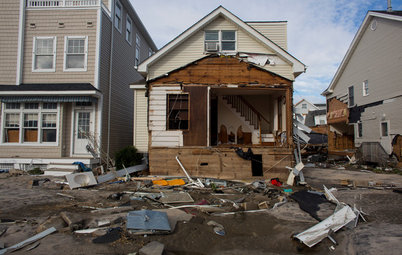
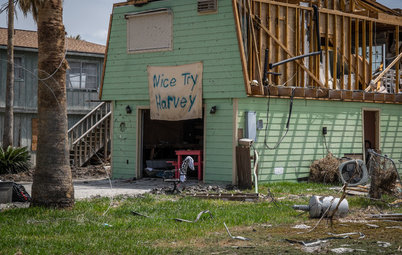


Of course, there's always a risk even with someone who's licensed. "Just because someone has a license and insurance doesn't always mean they'll do the best job," says George "Geep" Moore, remodeler chairman at the National Association of Home Builders (NAHB). "But it does mean they're a legitimate contractor and they're doing the right thing."
2. Extremely low bids. Before hiring someone to fix up your home, you'll want to get a minimum of three bids on your project. "Have your choices in mind before you get your estimates," says New Jersey contractor Lucy K.H. Kalian. The more specifics you can give a contractor, the more likely it is that you'll get an accurate estimate. The Better Business Bureau (BBB) suggests using the same specifications, materials and labor for each bid.
"If you get a bid that's a lot less than the others, there's usually a reason for it," says Lopes. "The cheapest deal is rarely the best deal." The contractor might be cutting corners, might not have insurance, might use bad materials or might pay employees under the table. Regardless, you don't want to get involved.
3. Requiring a large deposit. Each state has different regulations regarding the amount a contractor can ask for an up-front deposit — it ranges from less than 10 percent to around 30 percent. Check your state's law regarding contractor deposits before agreeing to pay an especially large sum up front.
4. No permanent place of business. Not every contractor who might come knocking on your door will have a scam — some may have the skills to repair your home, but they may not know how to deal with all the complications that come with a natural disaster and water damange. Be extra careful and make sure that anyone who helps you after a natural disaster is qualified and state licensed. The NAHB advises that any contractor you work with should have a physical office (not just a P.O. box), a mailing address, a legitimate phone number and an email address. This can help you find out if they're licensed and will ensure that you can contact them at all times.